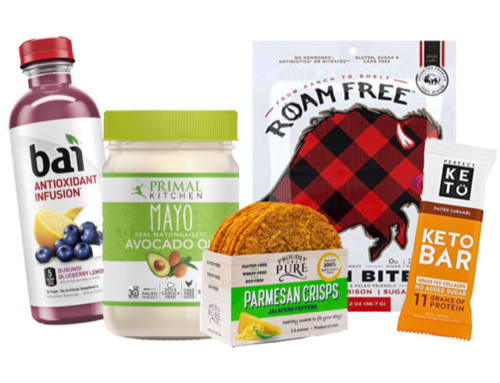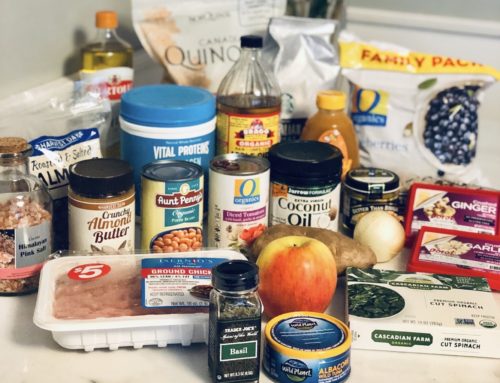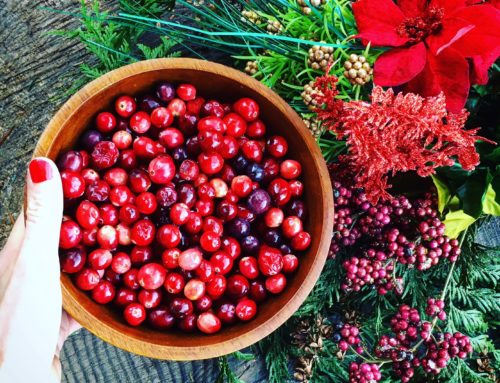Salt is a key ingredient we use in nearly all of our cooking. I, for one, love the complexity salt adds to my dishes! Like any other ingredient we choose to use, it is important to understand it’s source and select quality wisely. In the same sense that we’ve come to realize that refined white sugar is not the best choice for our bodies, salt too is better for our consumption in an unrefined state.
Traditional white table salts, that are cheap and readily available, have iodine added, but are stripped of essential trace minerals as they are heat processed to 1,200 degrees. They become ultra-white through bleaching, and during these refining processes lose much of the mineral compounds that are found in salts naturally. Whereas, real, pure, unprocessed salts are loaded with an impressive mineral analysis!
Salts can come in an array of colors, which can indicate it’s richness in minerals. For example, Himalayan pink salt, found in the Himalayan Mountains, contain the 84 minerals essential to the function of our bodies, and its color reflects the minerals. These minerals are shown to: improve sleep, balance PH, help in hormone and blood sugar balance, reduce muscle cramping, and much more more! Salts can also be found in gray, black, blue, and even red. Each of these colors can reflect beneficial minerals it contains. Even sea salts can have some color. You might be impressed with how much more flavorful all of these natural salts can be over refined table salt.
In addition, the customary white table salt you ingest may contain more than just salt, like anti-caking agents and additives, so be aware of what you are consuming. Experts have indicated that much of the sodium-related health issues that are attributed to salts, are a result of the stripped-of nutrition, inferior, refined table salts many consume. They have the ability to throw off the healthy PH of our bodies. Real salt actually has healing properties for the body though!
Also, it is a great idea to be diverse in the sources of your salts. For example, sea salts are a simple, cost-effective, and excellent replacement for table salt, but some may include trace pollutants from our oceans and have a different mineral analysis than an earthen sourced-salt. Mix it up, for fun, color, health, and flavor
I encourage you to learn more, upgrade your food, and select your salts wisely!







